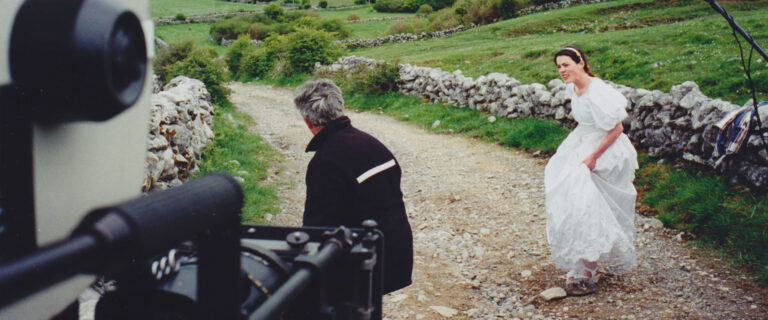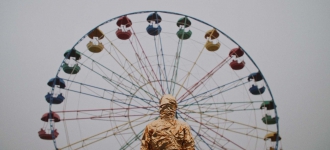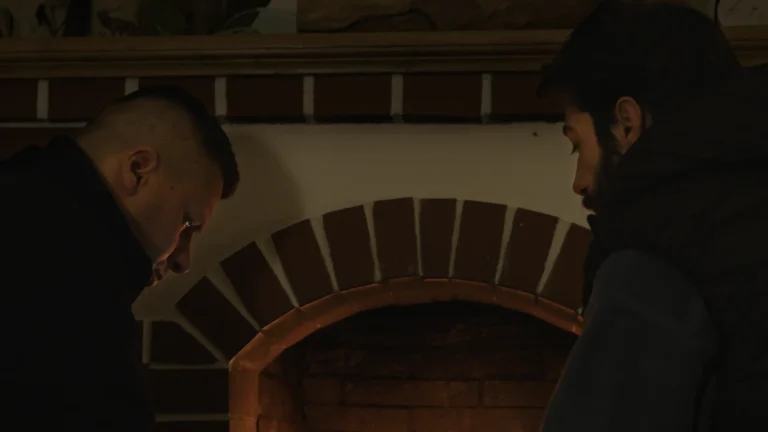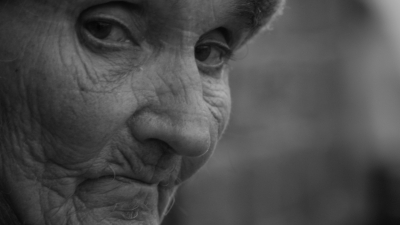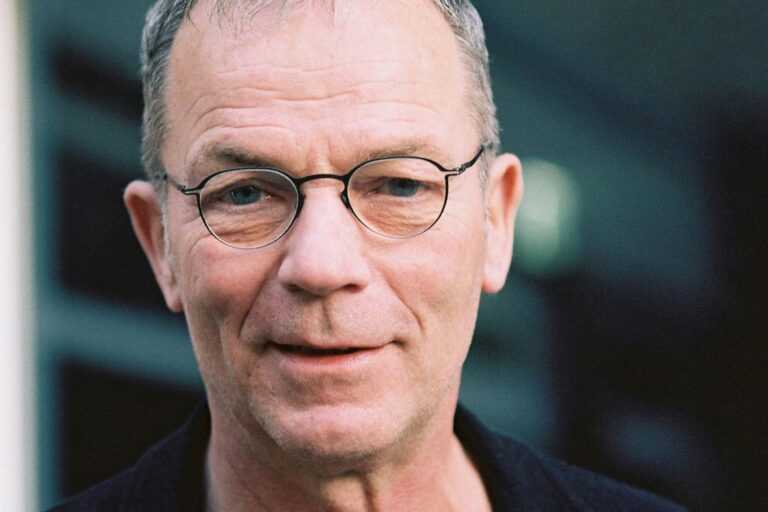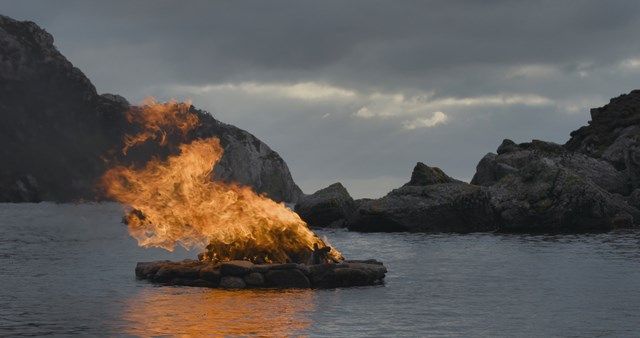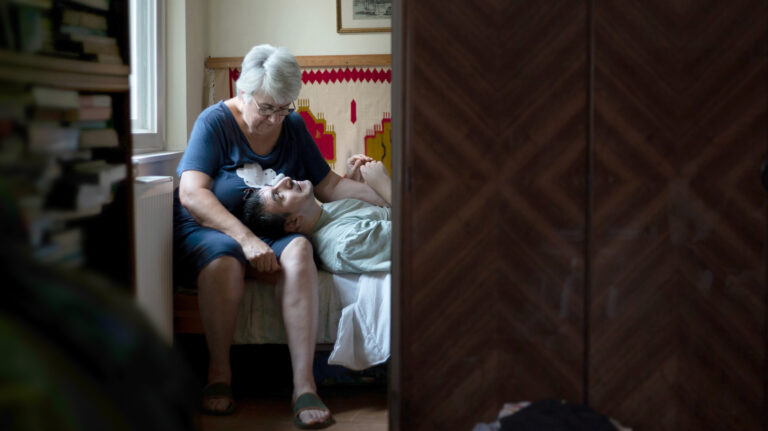


Olha Zhurba: Songs of Slow Burning Earth
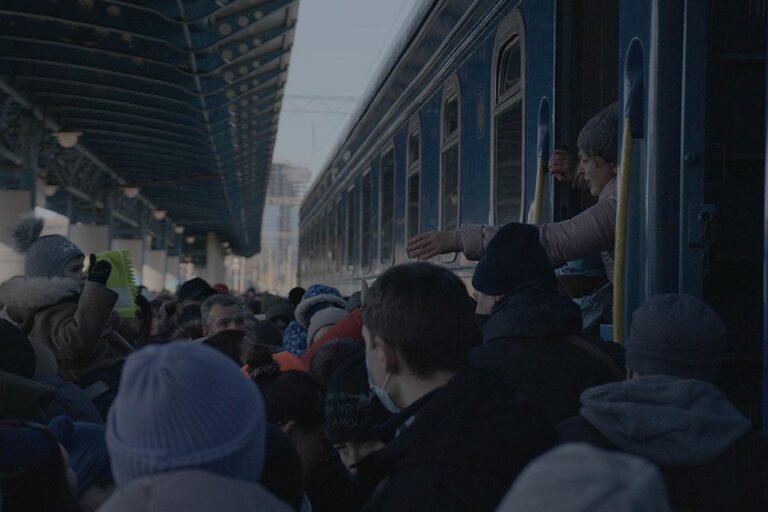
I had big expectations after Olha Zhurba’s first long documentary “Outside” – https://filmkommentaren.dk/olha-zhurba-outside/ – and I was not disappointed. “Songs of Slow Burning Earth” is a film that will stay in Ukrainian documentary history. And internationally as a film that should be watched by everyone, who wants to experience the Ukrainian human consequences of a war in a neighboring country. It has the potential to reach a wide audience ALSO outside the festivals, where it tours now, will tour in the coming year(s) and will win awards because of its extraordinary sure cinematic style. Every little thing is thought of in a film that takes its viewers from the Russian full scale invasion till today. It is informative and emotional. And of course also containing footage that can go into the Ukrainian war archive to be used, when the war is over or before for the trials will come.
This first paragraph looks like a conclusion and it is in a way; knowing that many refrain from reading a whole review before watching, I hope it will make readers go to their festival to have the same experience I had – or disagree… The film will in November be shown at Verzio in Budapest and at IDFA in Amsterdam and probably at many other festivals.
The start: Landscape images and brief audio bits of people, who call “emergency services” with worried questions about explosions near their homes… ending with “is it war?”, answer “it looks like”. Cut to a railway station with people almost fighting to enter a train to get away; some go, some trains are cancelled; the loudspeaker voice calls for “show respect”, “do not spread panic” but anger is present and “let the children get in first”. Cut to a driver with tears in eyes, he comes from and/or goes to Mariupol. A desperate old woman: “I only have my bathrobe”, “my city is gone!” Displaced people around her try to comfort her, “but you have your family”… Emergency calls come in again. Olha Zhurba collects documentary moments with an enormous sensitivity, she is present with her eye and this viewer – a grandfather – suffers, whenever her camera has caught a child, like the one who sits on luggage at a station.
And yet comes a sequence from Mykolaiv from a bakery 18 km from the front line (through the film the distance to the front line). It reminds me of Humphrey Jenning’s film “Listen to Britain” from 1942, two years into that war, “never give up”. Followed by a scene with people queuing to get the bread and a close up of burned corn in a field. A clip from a school, “close your eyes what is your dream”, kids are asked before they run to the shelter.
The most touching 9 minutes long sequence is filmed from a car on the road. In the beginning you have no clue, what happens but then you understand, why people along the road kneel down, and it goes right to the heart. A coffin with a hero is brought home and more will come it is being said. And close to the front line a boy is “playing war” and he tells about the place that was Russian and now is liberated, “we lived 9 months with Russians here”.
Olha Zhurba has visited a medical centre where soldiers are treated, prosthesis are fixed, two new ones from knee down, training, they are being taken care of… What do you think is the future, what do you hope will be the future of Ukraine, (high?)school children are asked, and Zhurba cuts to a state school in Central Russia, where feet, you don’t see faces, are marching, one-two, one-two… And I look at the face of a boy, it could be any boy from anywhere, but he is a boy living in a country at war in a neighboring country, only 2000 km from where I live.
Watch this film: To use the title of a series by Latvian Juris Podnieks: Hello Do You Hear Us?
Ukraine, Denmark, Sweden, France, 2024, 95 min
